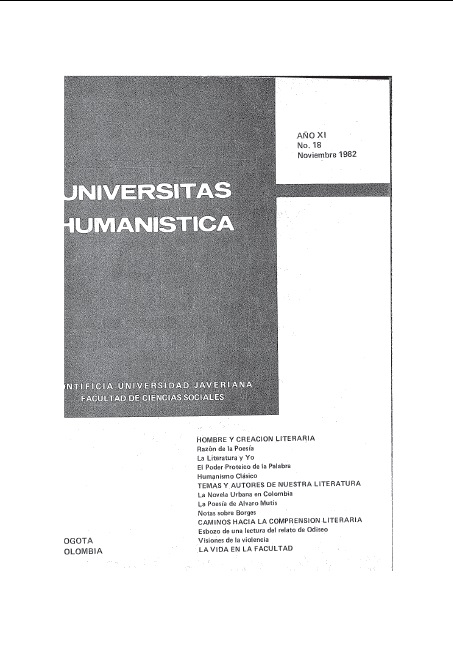Abstract
El relato de Odiseo comporta una profunda ambivalencia cuyos puntos extremos podrían ser nombrados como "presencia de lo mítico" y "fundamentos de lo novelesco". Situada en una época en que un supuesto o real Homero le dio su forma poética definitiva, esta narración es simultáneamente una profecía y un regreso. Como el conjunto del poema encierra ios gérmenes de la destrucción de un género, un tono, una forma de héroe —el aliento épico infunde su grandeza a la vida corriente y a la subjetividad—, y al mismo tiempo se remonta a núcleos temáticos tan arcaicos que el propio poeta —sin plena conciencia, sin una identificación cabal— sufre una reacción que se convierte en un arte nuevo. Son dos espíritus disímiles, cada uno de los cuales interfiere funciones del otro, y cuya inevitable marcha al unísono da a las acciones y a las actitudes una lógica peculiar y una significación ambivalente. Homero no dormía: olvidaba; o recordaba de soslayo. Su olvido —o su memoria desviada— es la esencia y la clave del relato. Este trabajo pretende plantear relaciones y problemas que pudieran conducir a una interpretación futura.

This journal provides immediate open access to its content on the principle that making research freely available to the public, encourages greater global exchange of knowledge.
The journal Universitas Humanística is registered under a Creative Commons Attribution 4.0 International Public License. Thus, this work may be reproduced, distributed, and publicly shared in digital format, as long as the names of the authors and Pontificia Universidad Javeriana are acknowledged. Others are allowed to quote, adapt, transform, auto-archive, republish, and create based on this material, for any purpose (even commercial ones), provided the authorship is duly acknowledged, a link to the original work is provided, and it is specified if changes have been made. Pontificia Universidad Javeriana does not hold the rights of published works and the authors are solely responsible for the contents of their works; they keep the moral, intellectual, privacy, and publicity rights.
Approving the intervention of the work (review, copy-editing, translation, layout) and the following outreach, are granted through an use license and not through an assignment of rights. This means the journal and Pontificia Universidad Javeriana cannot be held responsible for any ethical malpractice by the authors. As a consequence of the protection granted by the use license, the journal is not required to publish recantations or modify information already published, unless the errata stems from the editorial management process. Publishing contents in this journal does not generate royalties for contributors.


